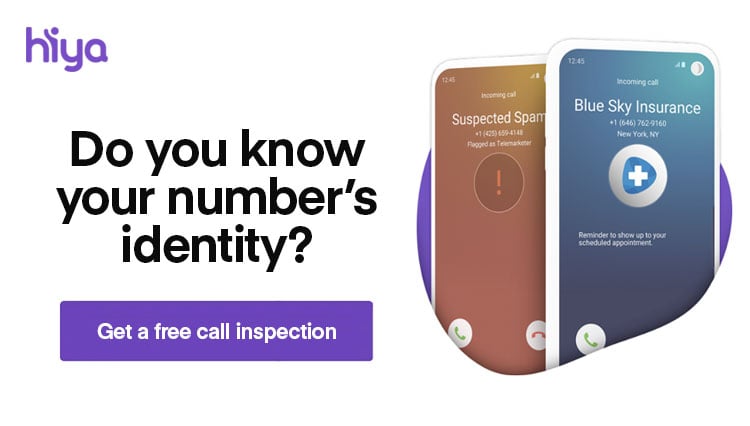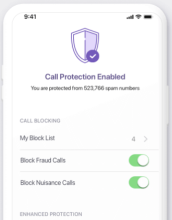Back in 1991, the Telephone Consumer Protection Act (TCPA) became law – and it is a law that is still widely used today to protect consumers from being solicited via phone and email. A while ago, we published a blog that explains exactly what TCPA is and how it relates to call centers and contact centers. We also published a blog that dives into what it takes for a call center or contact center to be compliant.
To keep you updated on just how important this law still is today, we wanted to share some of the latest actions the Federal Communications Commission (FCC) has taken recently to enforce it in order to protect consumers from unwanted scams.
-
In July 2022, the FCC proposed a $116 million fine for the company behind a toll-free traffic pumping robocall scheme. Nearly 10 million prerecorded voice message calls – ironically warning callers of the harm scam calls can do – were made to toll free numbers. According to the FCC, the scammer behind this scheme targeted toll-free numbers because he received financial compensation for every call made.
-
Also in July 2022, the FCC ordered phone companies to stop carrying traffic regarding a known robocall scam that markets auto warranties. The FCC believes the campaign has been responsible for billions of robocalls, oftentimes with more than 77 million generated in a single day. Hiya is also following this scam as well, and our Honeypot, which receives calls to Hiya-owned phone numbers, had receive about 10 million calls per month since the beginning of 2022. According to the FCC, the organizations behind the auto warranty campaign is also the target of an ongoing investigation by the FCC Enforcement Bureau as well as a lawsuit by the Ohio Attorney General. The lawsuit accuses the defendants of multiple violations of both the TCPA and the Telemarketing Sales Rule.
-
In February 2022, the FCC proposed a $45 million fine for the company who was supposedly orchestrated an illegal robocall campaign selling health insurance. The campaign, which generated over 500,00 illegal calls without subscriber consent, used the COVID-19 pandemic as part of the scam.
Like the FCC, Hiya is doing its part to protect consumers from scamming campaigns. As mentioned above, we’ve had our eye on scam campaigns like the auto warranty one for quite a while. In fact, our data shows that this scam was the number one phone scam of 2021, and it continues to rank number one in the top scam calls of 2022.
Adaptive AI: Hiya’s most advanced AI Engine for stopping scam calls
Carriers can protect their customers from phone scams by adding Hiya Protect, which blocks or labels spam and scam calls with high accuracy, without blocking essential calls. It is used by phone carriers, mobile phone manufacturers, and network providers who are looking to create a differentiated voice offering and increase customer satisfaction. Not only does it block or label known spam numbers, but using Adaptive AI it identifies the patterns of spammers and blocks spam campaigns in their earliest stages.
Enterprises can help their customers feel safe answering the phone by adding Hiya Connect, which enables businesses to display their company name, logo, and reason for the call on the recipient’s mobile phone. Branded caller ID identifies who is calling so customers will not be afraid to answer their phones.
Take action today – explore Hiya Protect
To learn more about the latest phone call scams and how to stop them, download the Hiya 2022 State of the Call Report or request a demo of Hiya Protect to see Adaptive AI in action.












